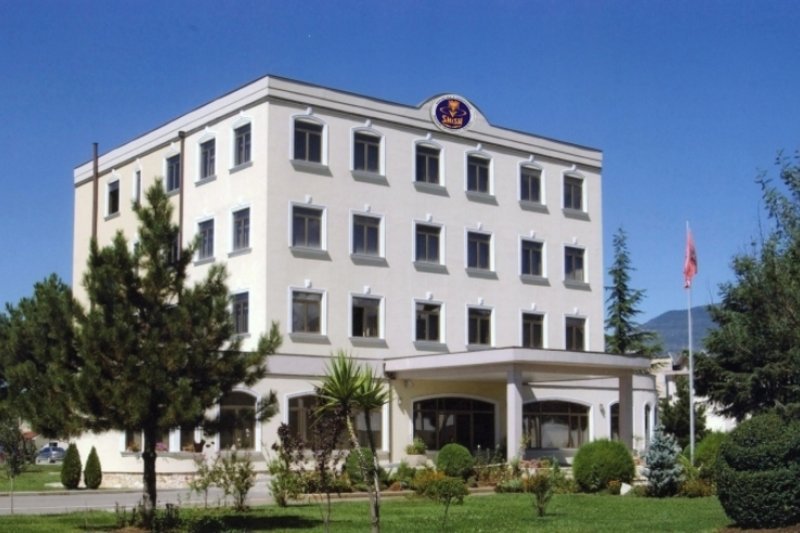SHISH Highlights Albania's Main Issues in 2021 Report
The State Intelligence Service (SHISH) has published a part of the report for 2021, emphasising on two main issues in Albania, organized crime and terrorism.
As for terrorism, SHISH reports that terrorist groups are using technology and online communication to spread their propaganda and ideology.
Part of the Report:
"Terrorism
The terrorist organizations ISIS, Al-Qaeda and other groups, inspired by extremist ideology, continue to pose a threat to international and regional security. During 2021, the level of terrorist threat in the country has been low, while in the region it has varied from low to medium due to intentions or plans for terrorist acts.
Propaganda and online communication technologies are used for radicalization and recruitment activities. Terrorist groups have spread to other communication platforms to further decentralize the propaganda and dissemination of their rhetoric and ideology. The connection of radical elements with foreign terrorist fighters (LHT) or terrorist organizations are motivating factors of potential terrorist activity. Also, citizens from the region already part of the Balkan diaspora in European countries, have been identified and banned for terrorist activity, or as propagandists and supporters of the ideology of terrorist organizations.
Prisoners of terrorism continue to maintain a radical profile and are engaged in radicalization activities in the penitentiary system in our country and region. It is estimated that the degree of radicalization may affect the security situation after the completion of sentences.
Organized crime
Opposition to the activity of criminal groups in general, and those involved in drug trafficking in particular, has increased significantly both in our country and abroad. However, despite the significant results, countering narcotics trafficking remains a significant challenge, due to the evolving ways of operating them after strokes.
Motivating and attractive factors of criminal activity in the country and the region remain: their members already positioned in the countries of origin where narcotics are produced; links to international and regional criminal networks; fulfilment of prior requests or timely agreements due to pandemic restrictions; covering costs incurred by seizures and arrests.
Criminal groups are becoming more and more heterogeneous and are diversifying their fields of activity. Members of Albanian drug trafficking groups have also established direct contacts with direct drug producers, gaining "mutual trust".
The security situation in the region
Albania has supported and continues to support any international effort in favour of regional and global peace and security. Moreover, our country pursues a constructive regional policy, based on the principles of cooperation, towards Euro-Atlantic integration processes, good neighbourliness and respect for minority rights.
However, Albania being part of the NATO Alliance, the clear pro-Western position, the active role it plays in the region and beyond have turned it into a foreign policy objective of third actors, which aim to destabilize regional security, through the violation of social and ethnic cohesion, the instrumentalization of nationalist factors in the region, the use of propaganda and misinformation, the increase of malignant influence, etc.
The security environment in the Western Balkans continues to be characterized by fragile domestic political developments, which show that the region remains exposed to threats and challenges, which come as a result of internal factors (socio-economic problems, inter-ethnic and inter-religious tensions, corruption , organized crime), as well as the influence of external actors, interested in keeping it unchanged or in escalating the security and political situation in the region.
Foreign intelligence in the region
As a NATO member, contributing to global peace and security, but also aspiring to become part of the large European family, Albania continues to be the focus of several foreign intelligence services.
At the center of their activity for gathering information continue to remain internal developments in the field of politics and security, the pro-Western position of our country in relation to policies in international relations, relations with countries in the region and strategic allies, military exercises within Alliance and defence projects.
In other countries of the region, unfriendly intelligence services have focused their activities on amplifying inter-ethnic and inter-religious issues, promoting and supporting internal destabilizing factors, maintaining the status quo in relation to integration processes and deriving benefits from the role of its relation to the West.
Hybrid activity of non-western actors have increased in the region, but also in our country, although not to the same extent as in the countries of the region. These types of activities are becoming more evident as countries make progress in democratization and integration processes," it is said among others in the report.













